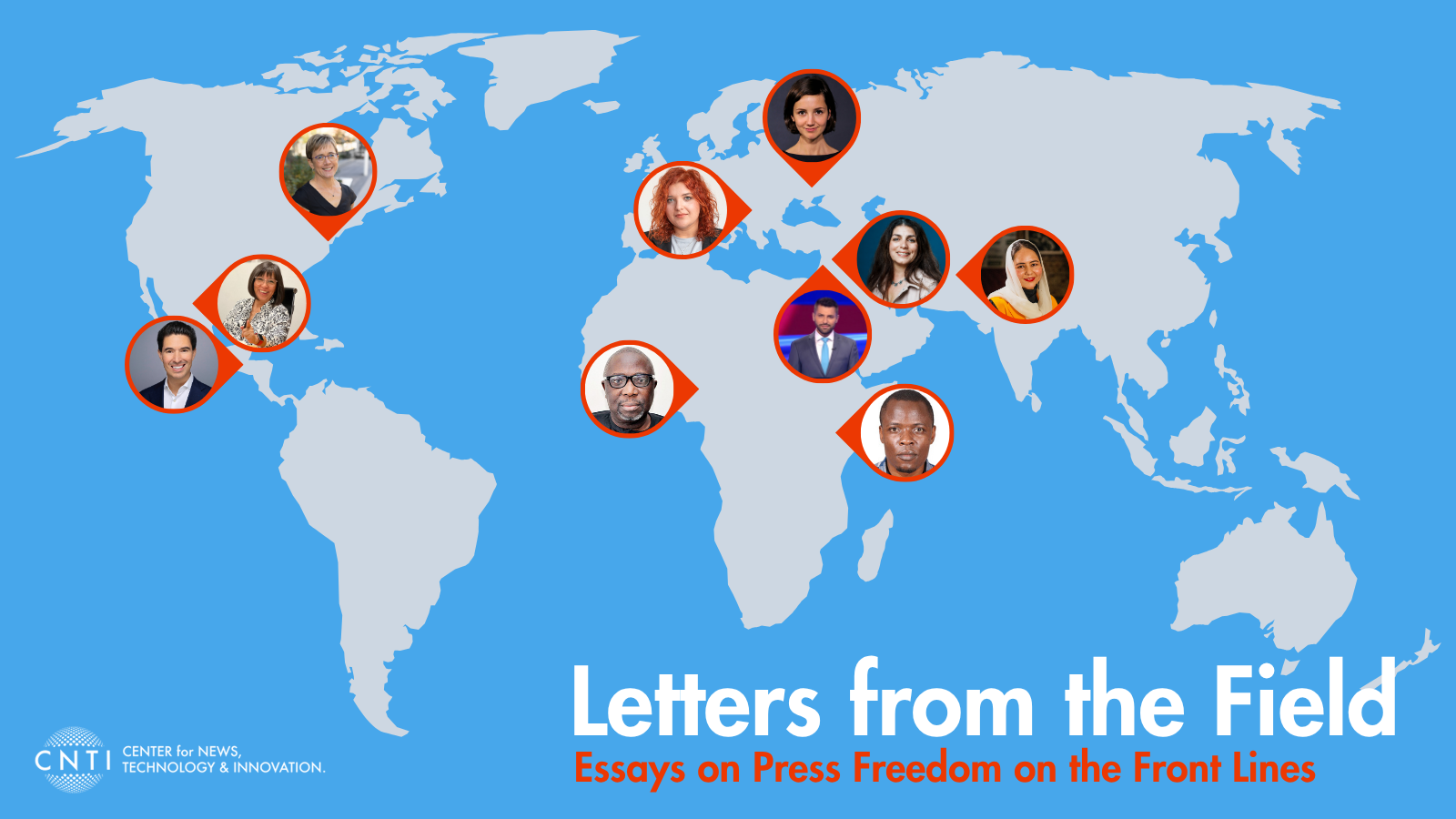Building upon the “Notable Legislation” section of CNTI’s issue primers, find more information here about recent and proposed legislation in key countries across our issue areas. These pages add additional information at the country level where there has been a high level of legislative activity requiring more detail or context.
Addressing Disinformation
Brazilian Bill PL 2630 – known as the “Fake News” bill – narrowly failed a fast-track vote in April 2022. The bill originally stalled after technology companies and independent fact-checking organizations expressed concern about the bill’s lack of a clear definition of “journalism.” Drawing from Australia’s News Media Bargaining Code, PL 2630 would require platforms to pay for journalistic content, enhance transparency requirements and detect and remove illegal content.
In the wake of antidemocratic attacks and political violence connected to disinformation and inflammatory speech on social platforms in Brazil, a new vote on PL 2630 was scheduled for early May 2023 and similarly stalled after an influx of last-minute amendments. Concerns were expressed about unintended consequences of the bill, including its threat to free expression and potential to financially compensate creators of disinformation. Aggressive platform responses to shape debate over the law received international criticism, and experts noted concerns with the escalation of responses and its impact on free expression.
Artificial Intelligence in Journalism
In September 2021, Brazil’s Chamber of Deputies approved the Brazilian Legal Framework for Artificial Intelligence (Marco Legal da Inteligência Artificial) to regulate the development and use of AI technologies and to promote research on AI ethics and accountability. Experts have expressed concerns that the legislation does not thoroughly address AI accountability and transparency, but rather may make accountability for AI discriminatory biases harder to achieve. Further, given the complexity and autonomy of AI systems, experts have noted the legal difficulty of what Brazilian law calls “subjective liability,” which assigns the responsibility of proving algorithmic errors to the individuals seeking damages.
In May 2023, Brazilian Senate Speaker Rodrigo Pacheco Thursday submitted a bill to regulate AI use based on recommendations made by a working group created in 2022. The stated aim of this legislation is to protect citizens’ fundamental rights and, similar to the EU AI Bill of Rights, introduces a risk-based regulatory model for AI systems.
Building News Sustainability
The Brazilian government proposed a media bargaining code as part of a larger set of digital platform regulations. Bill PL 2630 – known as the “Fake News” bill – narrowly failed a fast-track vote in April 2022 and stalled again in May 2023 after an influx of last-minute amendments. PL 2630 would recognize publishers’ rights to be paid for journalistic content – drawing from Australia’s News Media Bargaining Code – as well as enhance transparency requirements and establish a broad range of other obligations. Brazil’s law, like Australia’s, did not include transparency requirements for its bargaining structure, and concerns were expressed by the private sector about the bargaining code’s potential to financially compensate creators of disinformation. Aggressive platform responses to shape debate over the law received international criticism, and experts noted concerns with the escalation of responses and its impact on free expression.


